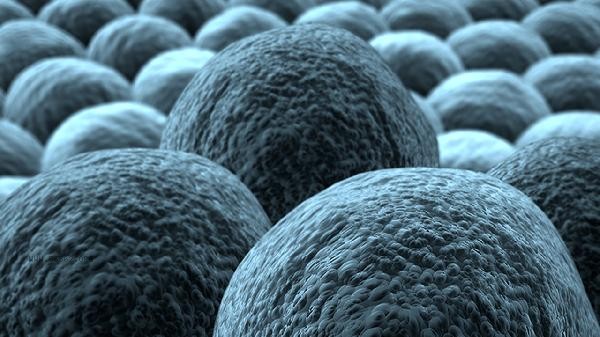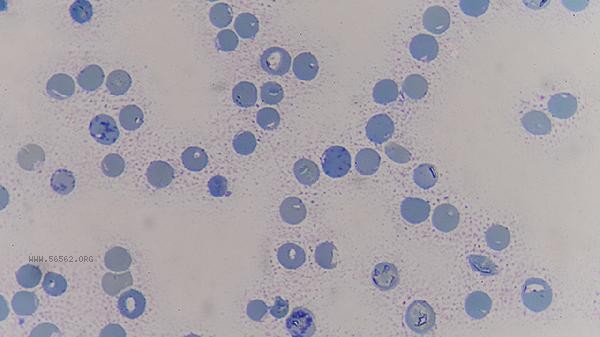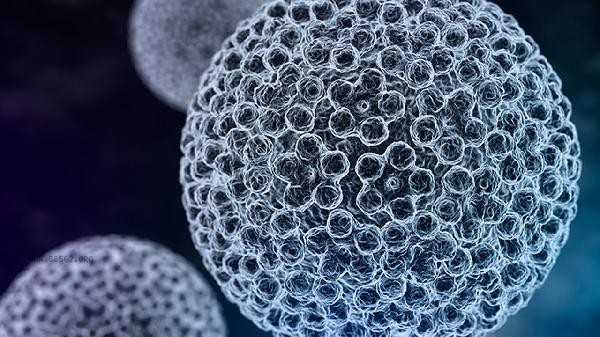Elevated levels of monocytes are often associated with common causes such as infection and inflammation, with cancer being only a rare possibility. The main reasons for elevated monocytes include viral infections, bacterial infections, autoimmune diseases, hematological diseases, and drug reactions.

1. Viral infection:
EB virus, cytomegalovirus and other infections are common causes of mononucleosis, manifested as persistent low-grade fever, sore throat, and lymph node enlargement. This type of situation can usually be recovered through antiviral therapy and immune regulation, and requires complete virus antibody testing to confirm the diagnosis.
2. Bacterial infection: Chronic infections such as Mycobacterium tuberculosis and Salmonella typhi can lead to compensatory increase in monocytes, often accompanied by coughing, night sweats, and weight loss. Diagnosis requires pathogen culture or PCR testing, and the indicators may gradually decline after targeted use of antibiotics. 3. Autoimmune diseases: Rheumatoid arthritis, systemic lupus erythematosus, and other diseases activate the immune system and promote monocyte proliferation. Patients often have typical symptoms such as joint swelling and pain, rash, etc. They need to be diagnosed through tests such as anti nuclear antibody spectrum, and immunosuppressive therapy is effective.
4. Hematological disorders:
Hematological disorders such as monocytic leukemia and myelodysplastic syndrome can directly lead to abnormal elevation of monocytes, which may be accompanied by anemia and bleeding tendency. This type of situation requires bone marrow biopsy to clarify the classification, and chemotherapy or targeted therapy should be adopted.

5. Drug reactions:
Corticosteroids, antiepileptic drugs, and other drugs may cause a transient increase in monocytes, which can often recover on their own after discontinuation. During medication, regular monitoring of blood routine should be conducted, and medication plans should be adjusted under the guidance of a doctor if necessary. When monocytes are found to be elevated, it is recommended to complete tests such as C-reactive protein, erythrocyte sedimentation rate, and peripheral blood smear. It is necessary to maintain sufficient sleep in daily life, supplement vitamin C and high-quality protein in moderation, and avoid overexertion. If it continues to rise for more than two weeks or is accompanied by symptoms such as sudden weight loss and night sweats, it is necessary to seek timely medical attention from a hematology department to rule out malignant diseases. Paying attention to changes in white blood cell classification and count during regular physical examinations can help detect abnormalities early.










Comments (0)
Leave a Comment
No comments yet
Be the first to share your thoughts!